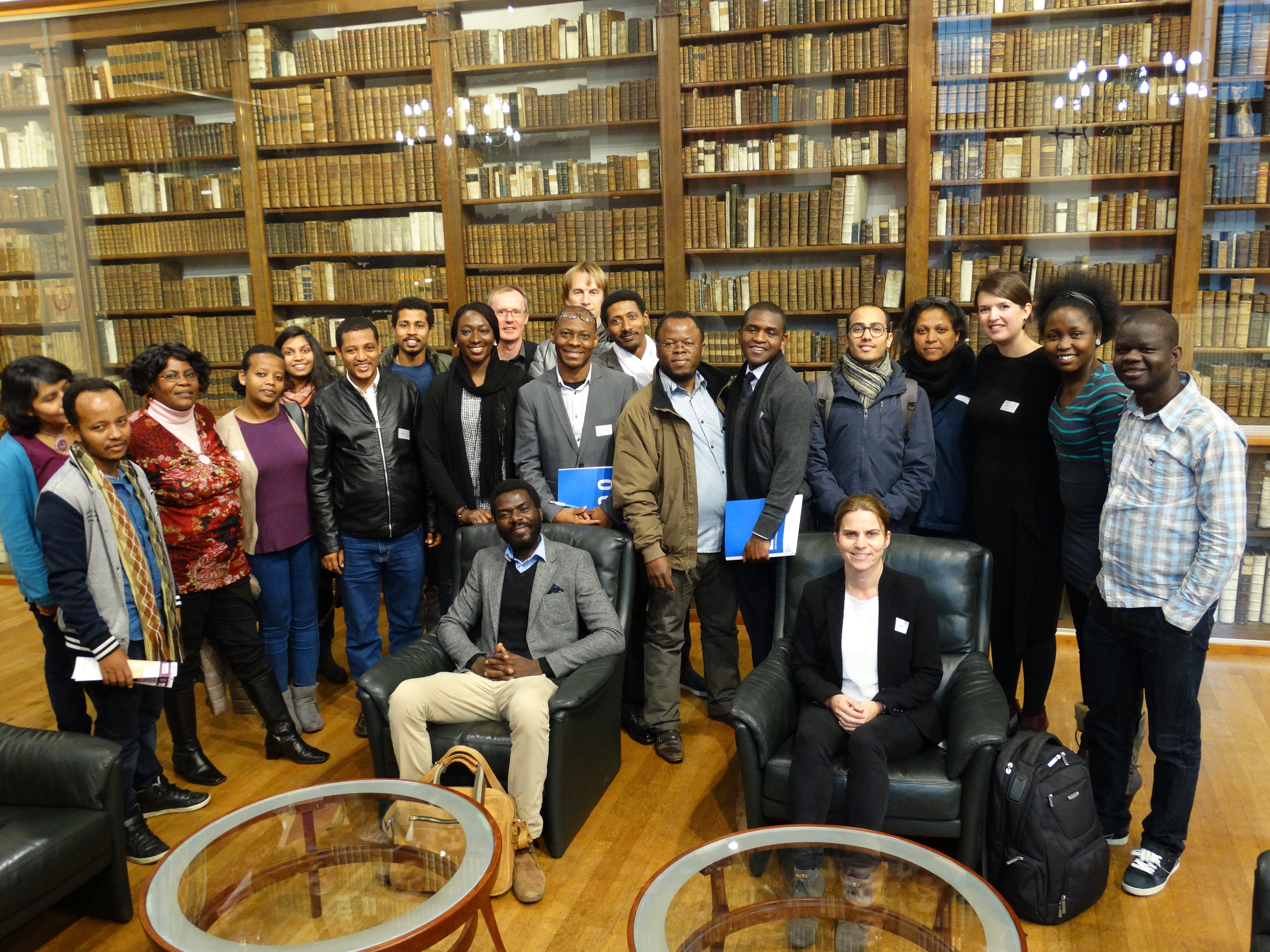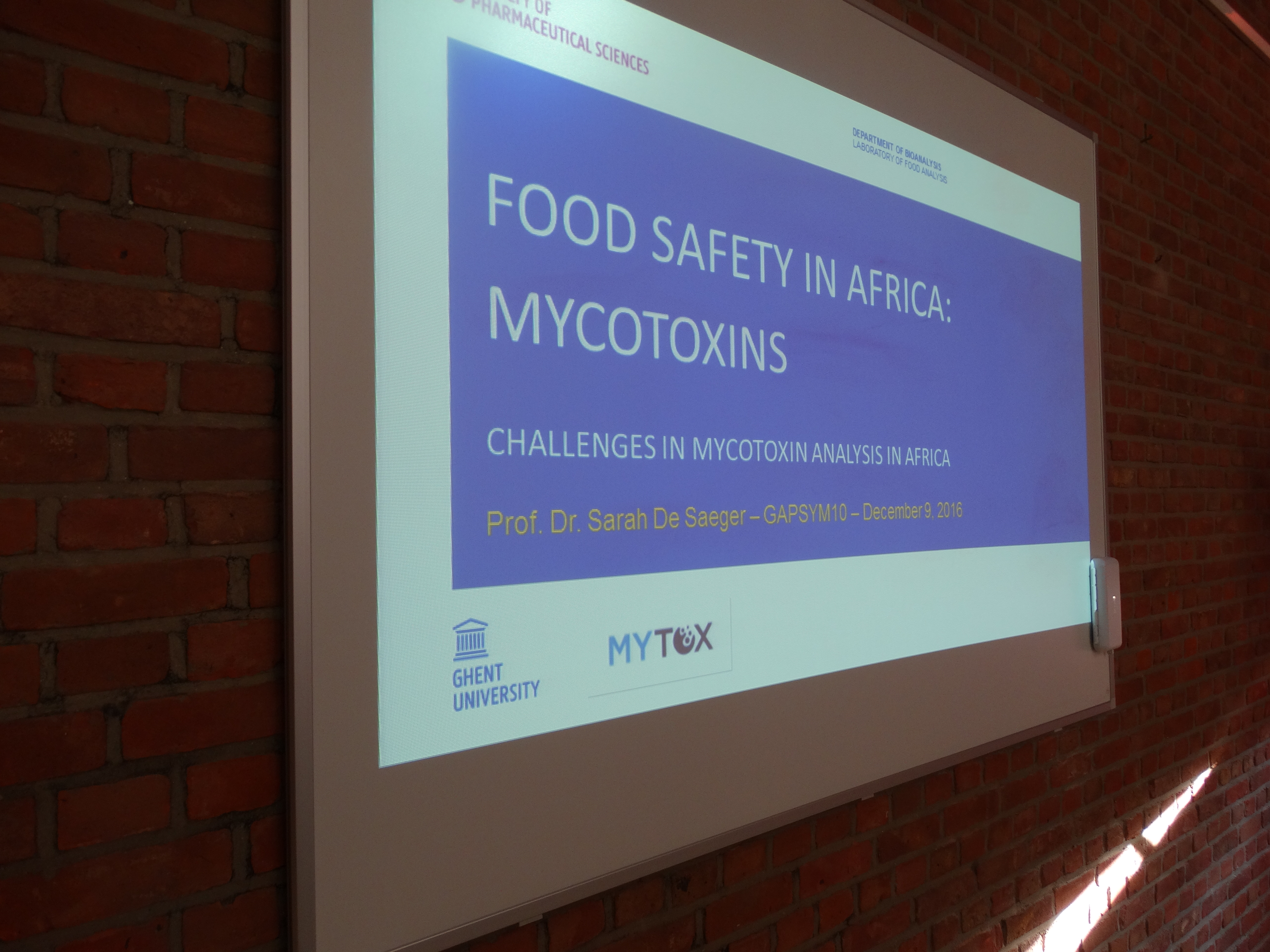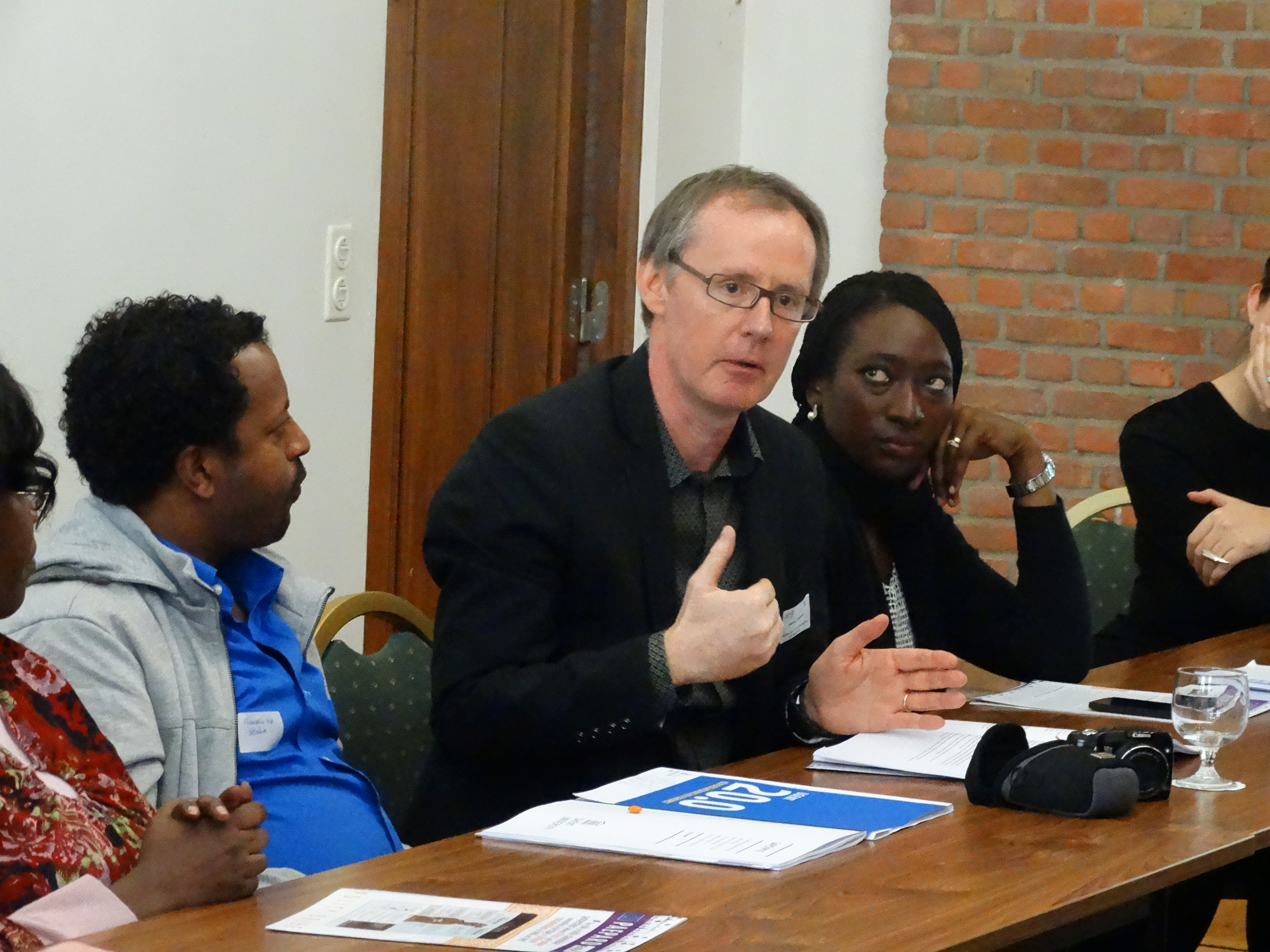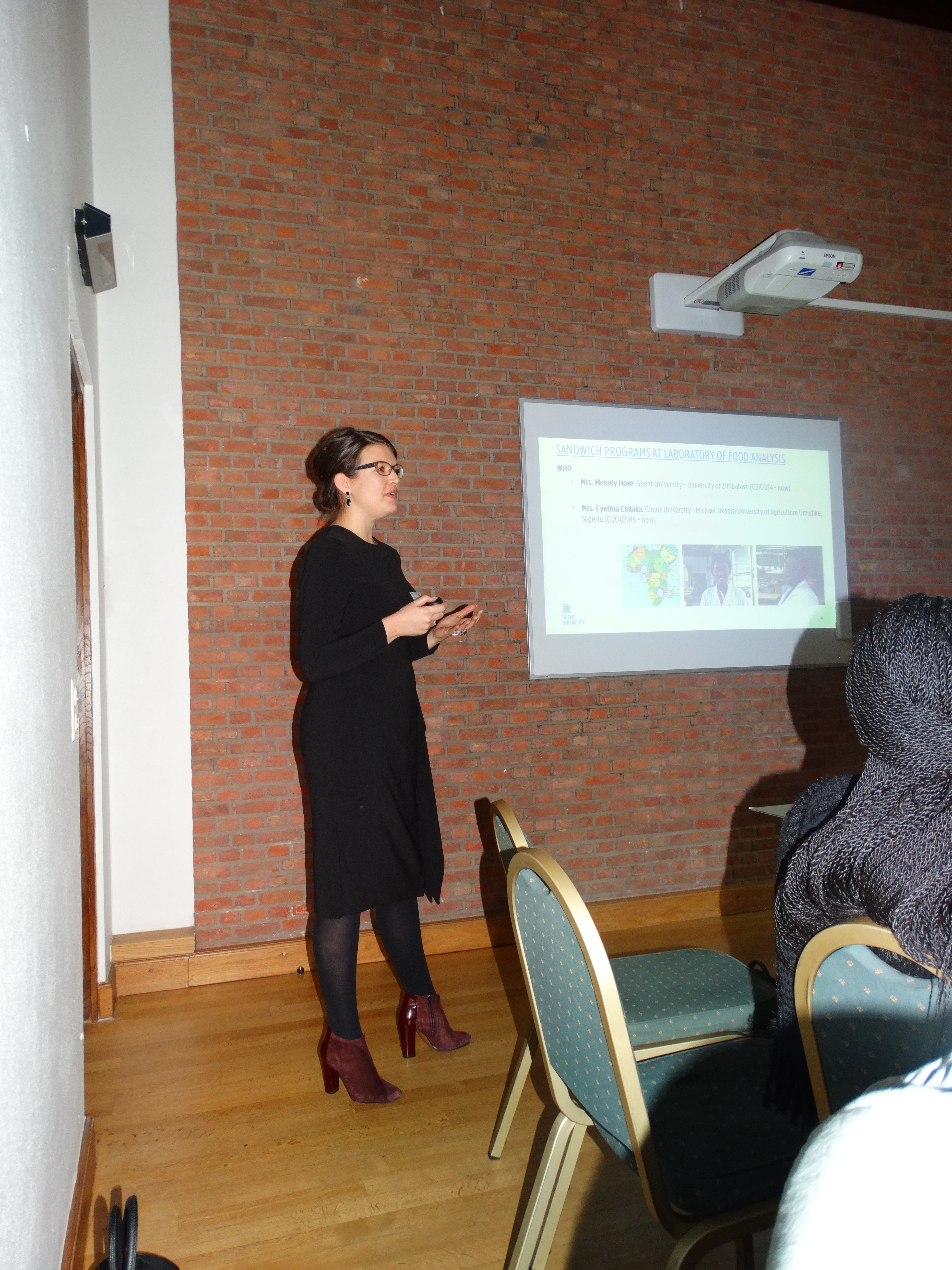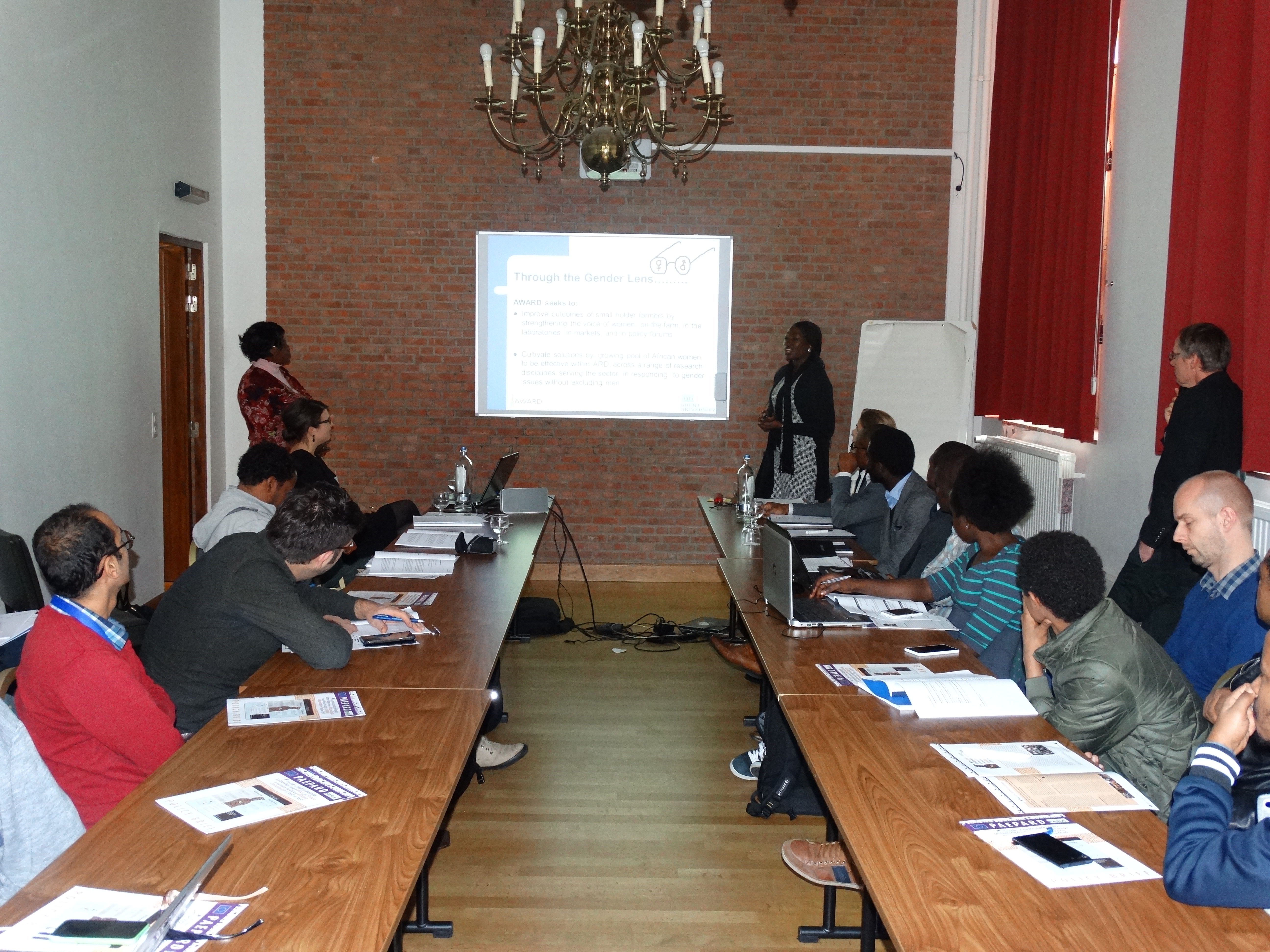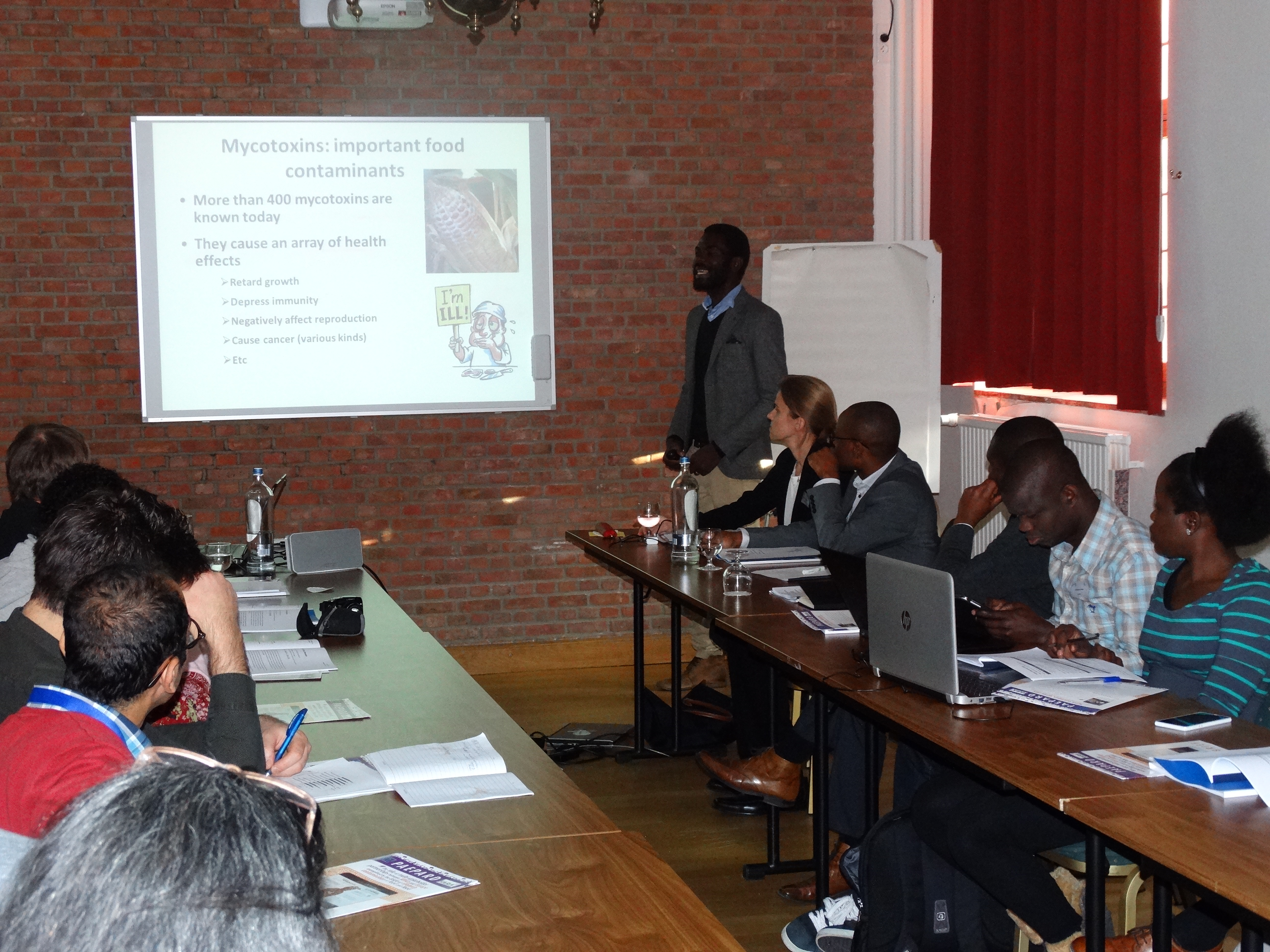Since the start of MYTOX-SOUTH, two research projects were granted to perform research in the South. The funding was granted through VLIR-UOS.
The TEAM-project in Uganda, entitled ‘Holistic approach to combat mycotoxin contamination in Northern Uganda’ is coordinated by Prof. dr. Geert Haesaert (Ghent University) & Prof. dr. Dr. Richard Echodu (Gulu University, Uganda), and is granted for 4 years.
UGANDA
Gulu University is one of the eight public universities in Uganda established in 2002 with five faculties. The university is located at the heart of northern region that was devastated by war for 2 decades. The war forced 2 million people into internally displaced people’s (IDP) camps devoid of social service delivery systems. The war had serious impact on human life and activities e.g. education, health, agriculture and the economy. Due to the war, the region did not meet several Millennium Development Goals (MDGs) and already lags behind in achieving Sustainable Development Goals (SDGs). Currently, there is a high demand for the application of science and technology to facilitate the rapid economic recovery of Northern Uganda. Gulu University has been challenged with the task of playing a leading role in post-war reconstruction and rehabil-itation through provision of human resources in the areas of education, health, agriculture, technology, research and other services. However, the University still lacks high-qualified staff that can be employed in education and research. Moreover, there is limited research capacity and – infrastructure to manage research tasks. As consequence capacity building as well as upgrading infrastructure and laboratorial equip-ment will be one of the main academic objectives of this project. In this way Gulu University may act as a catalyst for other institutes of higher education in the region of Northern Uganda. If the university will continue to play a role in post-war reconstruction and rehabilitation the valorization of research results and exten-sion activities, will be an important task of academic staff as well as extending the international networks. This project will activate these kind of activities.
The South Initiative in Cuba, entitled ‘Characterization of fungi and mycotoxins in the bean chain in the province of Mayabeque, Cuba’, is coordinated by Prof. Dr. Sarah De Saeger, Dr. Marthe De Boevre & Dr. Arturo Escobar (National Center for Animal and Plant Health (CENSA) – Essay Center for the Quality Control of Foods of CENSA, Cuba), and is granted for 2 years. More info can be provided via the following link.
CUBA
This project aims to initiate collaboration between Ghent University (MYTOX and MYTOX-SOUTH, Belgium) and the Analytical Chemistry Unit of CENSA (UQA, Cuba) in the monitoring and investigation of fungi and mycotoxins in beans in Cuba. Strengthening the human capacity of young scientists is essential to mentor a new breed of innovators and young researchers whose expertise is intimately tied to health outcomes, and who have access to high-quality equipment and training. This collaboration will start by training staff who can contribute to an increased capacity of mycotoxin experts in Cuba. Further, fungi and mycotoxin monitoring of stored beans in wholesale companies will be investigated aiming to sensitize decision makers and stakeholders to establish a management strategy to minimize the mycotoxin contamination risk in beans. This collaboration is the first step towards a sustainable establishment tackling the mycotoxin problemacy in the bean production sector in Cuba

